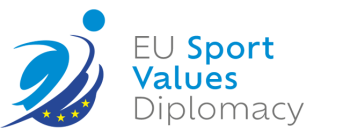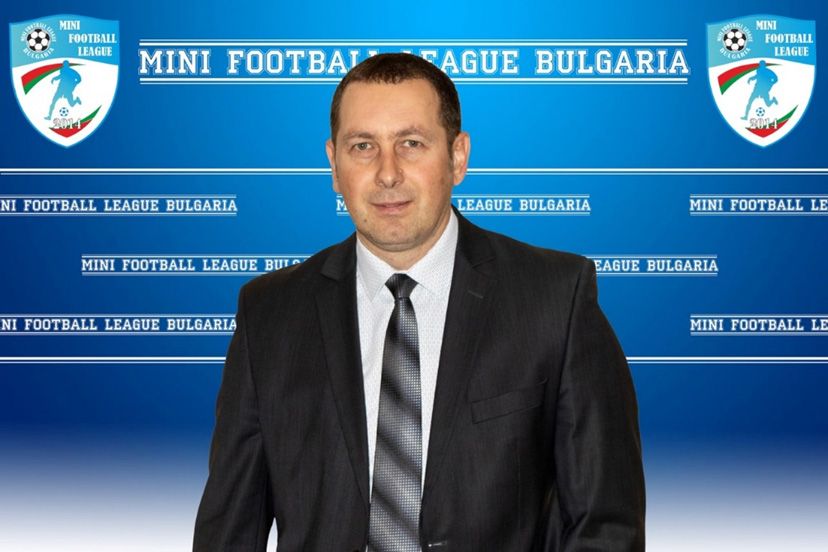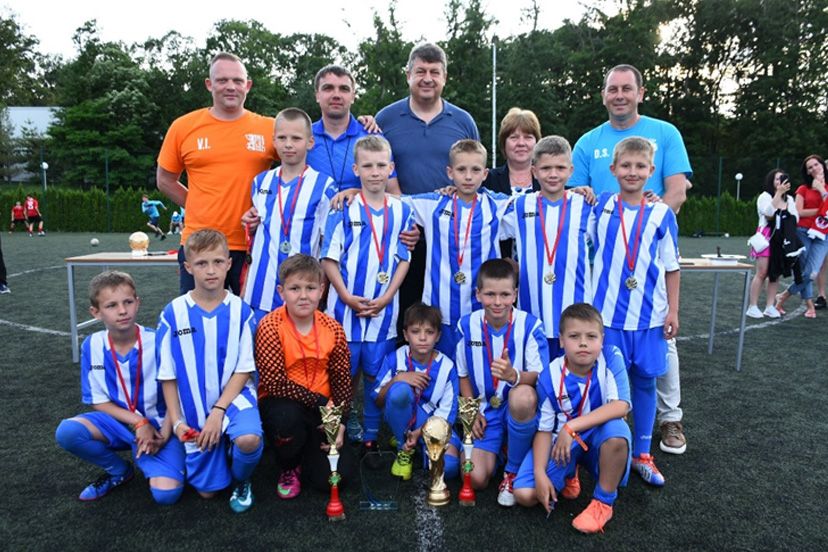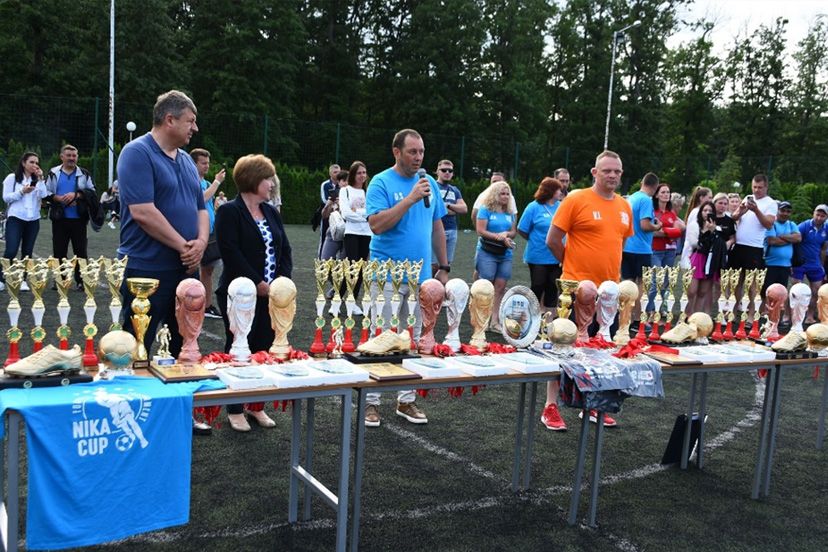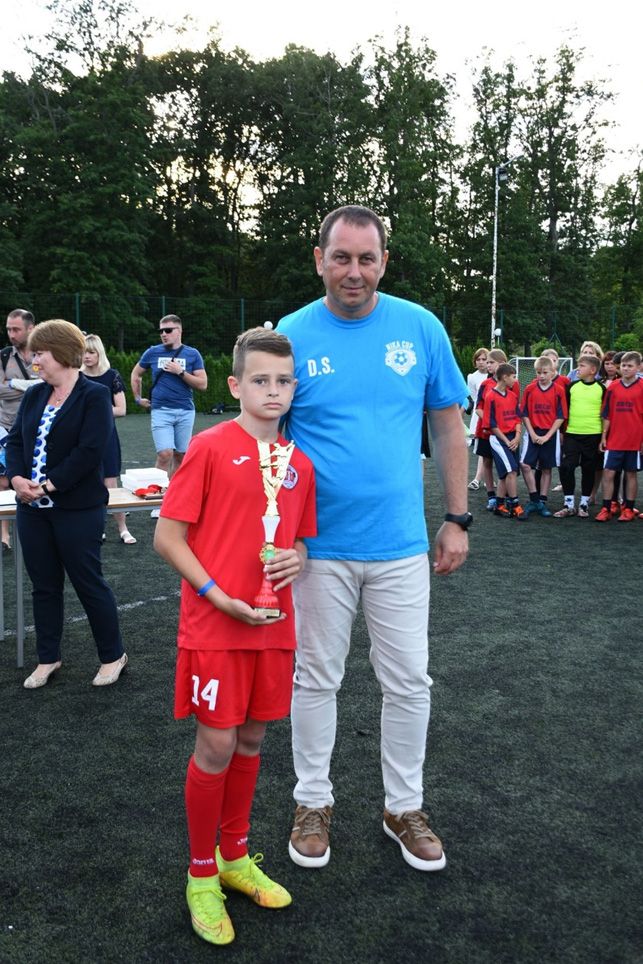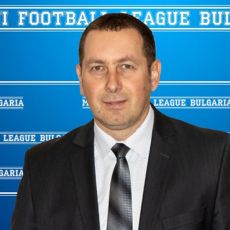
Dimitar Dimitrov
Dimitar Dimitrov, lecturer with 20 years of experience at the University of Economics - Varna. All his life he has been studying and teaching physical education, sport, and tourism (sports tourism). He is a graduate of Sports School, Sports Academy - Bachelor, Sports Pedagogy – Master. Dimitar has acquired the educational and scientific degree "Doctor" in the field of higher education in Social, Economic and Legal Sciences, professional field Tourism, the scientific specialty "Economics and Management (Tourism)". Former professional football player, former football assistant referee and Mentor at Level II of the UEFA Talents and Mentors Programme, which is part of the Convention for the Training and Organization of Football Referees, Consultant on football refereeing issues to the Bulgarian Association of Mini Football – Varna.
INTERVIEW:
- If you have to name THREE valuable qualities that sport has taught you, what are they? Why?
- Health - Mental and physical health is the most important and valuable condition to have a quality and good life, and often times sport is synonymous with health!
- Discipline - The ability to focus on a goal and to trust and listen to the opinion and advice of our mentor (coach, teacher, boss or even ourselves).
- Teamwork - The effort that goes into a goal is the sum of the efforts of the other team members. This rule is most true in group sports, but even in individual ones, success is the sum of the work of the athlete, their coach and the rest of the team!
- What values do you teach the children and young athletes you work with and how did you acquire them?
- Through sports I try to teach my students and athletes to never give up on accomplishing a goal or task. I try to give them knowledge and build in them the necessary skills, while trying to form in them habits of organization, motivation, perseverance, discipline, courage, teamwork, fairplay, acceptance of failure, awareness of one's abilities and personal self-esteem, setting a personal example, trust in the leader, patience, drive to win.
- The values and qualities I have outlined were acquired during the time when I was a competitor myself, subsequently as a student in various degrees I have understood and studied them thoroughly, and in the present I am trying to pass them on to the younger generation.
- Is there a need for additional training to be provided to coaches on how to teach values in sport? If yes - what should it include? In what form?
a. Upskilling coaches, through additional training on how to teach values in sport, will increase their competence and enrich the toolkit for managing training and coaching activities.
Thematic content model could encompass:
- Core educational and cultural values - a means of integration;
- Sport - hard work, solidarity, cohesion;
- A set of universal minimum standards promoting the holistic practice of sport;
- Sport volunteering - function and relevance for civil society;
- Fair play in sport - guarantee of fair competition, principle and responsibility;
- Social cohesion through sport;
- And much more in this regard.
b. In science, values are defined as "enduring beliefs that a particular type of behaviour or end state of being is personally and socially preferable to an opposite type of behaviour or end state of being"
c. Physical activity has been shown to be beneficial for mental strain, stress, mental disorders, physical illness, and problems with emotion and behavior regulation.
This can be realised through workshop training ( in an in-person, online or combined environment) to form key or sport specific competencies for coaches. The training can be implemented by a licensed educational entity, together with sports federations, the Ministry of Education, the Ministry of Sport and NGOs with competences in the field. - What is the biggest case of discrimination in sport from your practice?
How could we do something TODAY against it?
In my practice, I haven't witnessed any major discrimination cases. But I can share something from my sports class - soccer, when a girl wanted to play with the boys and got disapproved by them. Subsequently, after a conversation between me and her, it became clear that she had the skills available and I included her in the game. As a result of her behaviour on the field, she gained the respect of her colleagues and whenever she wanted to rejoin the game she was accepted without objection.
- What more should the European Union do to encourage more young people to embrace sport as a way of life?
I think that the EU should draw up and adopt a well-thought-out strategy based on scientific evidence and in-depth analysis of physical activity, psychological problems and stress levels in the daily lives of children and teenagers. On the basis of the results, measures could be identified that include programme proposals for activities through sport for fun, recreation and sportsmanship, to be implemented during sports classes in schools, municipal sports departments, sports federations and NGOs involved in this activity.
- Pierre de Coubertin, the "father" of the modern Olympic Games, believed that sporting events were an important tool for promoting human rights. Given that sport has such a function, how can we use it? How do you see the relationship between sport and human rights?
The importance of major sporting events, and sport in general, goes beyond the exclusive focus on sports fans. Sport and major sporting events have significant potential to contribute significantly to the protection and promotion of human rights. It is the collective responsibility of sports federations, host cities and countries, and corporate sponsors of such events to ensure full respect for human rights and to promote responsible behaviour and transparency.
Major sporting events offer host governments the opportunity to take important measures to promote development and respect for human rights. Local and international media have a special responsibility and role to play, and journalists, including those from the 28 EU Member States, should be granted free and unhindered access to the host country.
Some host governments, including authoritarian regimes, may use sporting events to enhance their global reputation as well as the personal prestige of their leaders.
